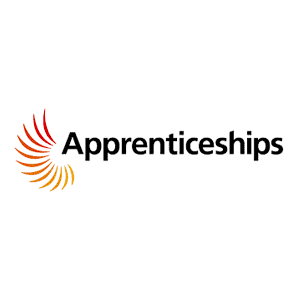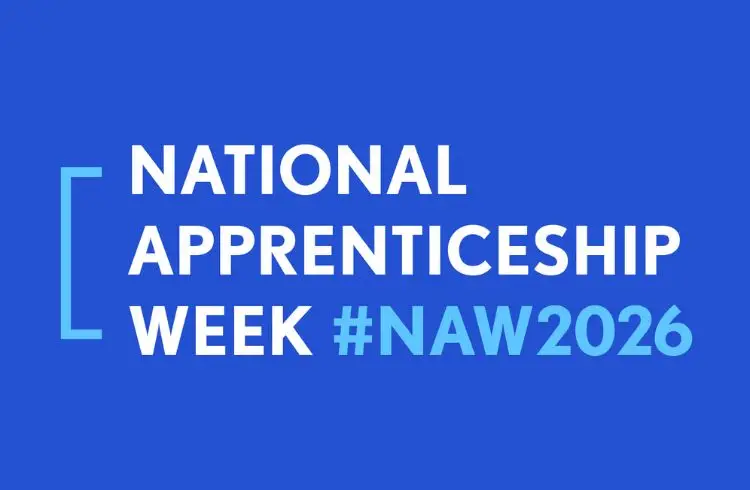Parent Guide

Ring us on 0161 480 8171, email us at info@damartraining.com or use the chat function if you have any questions about apprenticeships.
Nearly all apprenticeship vacancies are advertised on the government’s Find an Apprenticeship website. You can use the site to see all current vacancies near you and find out about the apprenticeship providers that deliver the training. Even if your child is not looking to start straight away, you can research what’s available and draw up a shortlist of training providers.
Speak to the careers adviser at school or college as they will know about the local training providers. Bear in mind though that many providers (including Damar) operate nationally.
Once you have a shortlist of training providers, have a look on their websites.
The training provider delivers the training that forms part of the apprenticeship. At Damar, we also support candidates through the recruitment process and, once the apprenticeship is underway, they will also have support from our student welfare team and specialist trainers if required.
Most training providers specialise in particular areas and it usually pays to choose a specialist. At Damar, we specialise in business and professional skills, particularly law, accountancy, administration and management. You should also look at their latest Ofsted report (ours is here).
Always speak to and, ideally, meet the provider as well as going on their website.
Apprenticeships are jobs with training and some candidates simply apply for vacancies that they are interested in. A problem with this is that many vacancies are for an almost immediate start – not much good if your child is leaving school or college in several months’ time. Also, it isn’t always possible to tell if a vacancy is the right one from an online advertisement. That’s why we recommend that your son or daughter registers with Damar in his or her final year of school or college. This gives us time to meet you and discuss the options in detail. It might be that the right apprenticeship is in an area that your child had not previously considered, or that an apprenticeship isn’t the best option.
Increasingly, large employers also advertise apprenticeship vacancies on their own websites and on the “UCAS Apprenticeship jobs” website so it is also worth looking there.
A good apprenticeship always has three things:
- A supportive employer – If your child is thinking about an apprenticeship and is aged 16 or 17 then the employer should always be willing to meet you as well. Ask the training provider about the employer. How many apprentices has the employer recruited? Have the apprentices stayed with the company? What opportunities are there for progression or further study?
- A committed training provider – Again, don’t be afraid to ask questions. What are the provider’s success rates for the course? Can you meet some of the trainers?
- A dedicated apprentice – An apprenticeship isn’t easy. It means juggling work, study and other commitments and there are bound to be challenges. But, with support from family, colleagues and the training provider, after only a few months, many apprentices have a level of responsibility that they couldn’t have dreamed of at school.
Most Damar apprentices earn above the current minimum apprentice wage of £7.55 per hour. But it’s not all about the money – also consider the progression opportunities and the experience that your son or daughter will receive.
The apprentice does not need to make any financial contribution and so there is no debt.. The cost is split between the government and the employer. This is a huge benefit to the apprentice – in most cases the true cost of their apprenticeship is between £4,000 and £9,000 per year.
If your child already has qualifications that overlap significantly with the apprenticeship they may be ineligible for funding. Damar can advise on this.
An apprenticeship is completely different from school or college. At Damar, it’s a bit like university, with most of the learning being done outside the coach and tutor visits. It’s a different type of learning though. There is reading to do and assignments or written work but much of what your child will learn will be on the job from the experienced colleagues they are working with. All our apprentices have a nominated supervisor at work who is there to help them. They also have a Damar coach who regular meets with the apprentice (online via Teams). The coach will make sure that the learning is being embedded and will assess whether the apprentice is applying their knowledge effectively at work.
Your child will receive a nationally recognised apprenticeship completion certificate that proves they have been externally assessed as meeting the requirements of their role. Damar delivers apprenticeships from level 2 (equivalent to five GCSEs) up to level 7 (the same level as a master’s degree). Some apprenticeships also contain a nationally recognised certificate or diploma in the relevant subject area issued by a respected awarding body such as City & Guilds, the Association of Accounting Technicians or Pearson. If your child doesn’t already have good GCSEs in maths and English, they may also be required to achieve functional skills qualifications in these areas.
All apprenticeships last for at least a year. Some of our advanced and higher level apprenticeships take longer – up to three years. You can find more information in our blog on how long apprenticeships last.
The vast majority of our apprentices stay with their employers once they have completed their apprenticeship. As qualified apprentices, they take on more responsibility and many receive a pay rise. Some apprentices go on to continue their studies with a higher level apprenticeship, professional qualifications or part-time study at university.
For more information see our blog on what happens at the end of an apprenticeship.
The employer will give the apprentice time to do their apprenticeship work during their normal paid working hours. The time that apprentices need to spend on their apprenticeship work is set out in their training plan. On average, Damar apprentices need to spend at least six hours a week studying. The actual amount needed may be more though and it varies by apprenticeship and by apprentice. If the apprentice needs to study for maths or English functional skills, this time will be in addition.


“The apprenticeship training will continue to impact me in the future as I have gained the relevant skills to progress in this career path and will continue to build on these skills.“
Business Admin Apprentice
Latest news
National Apprenticeship Week 2026
Damar Training appoints Lee Hill as Commercial Director
Solicitor apprenticeships – routes to qualification
Partner employers













